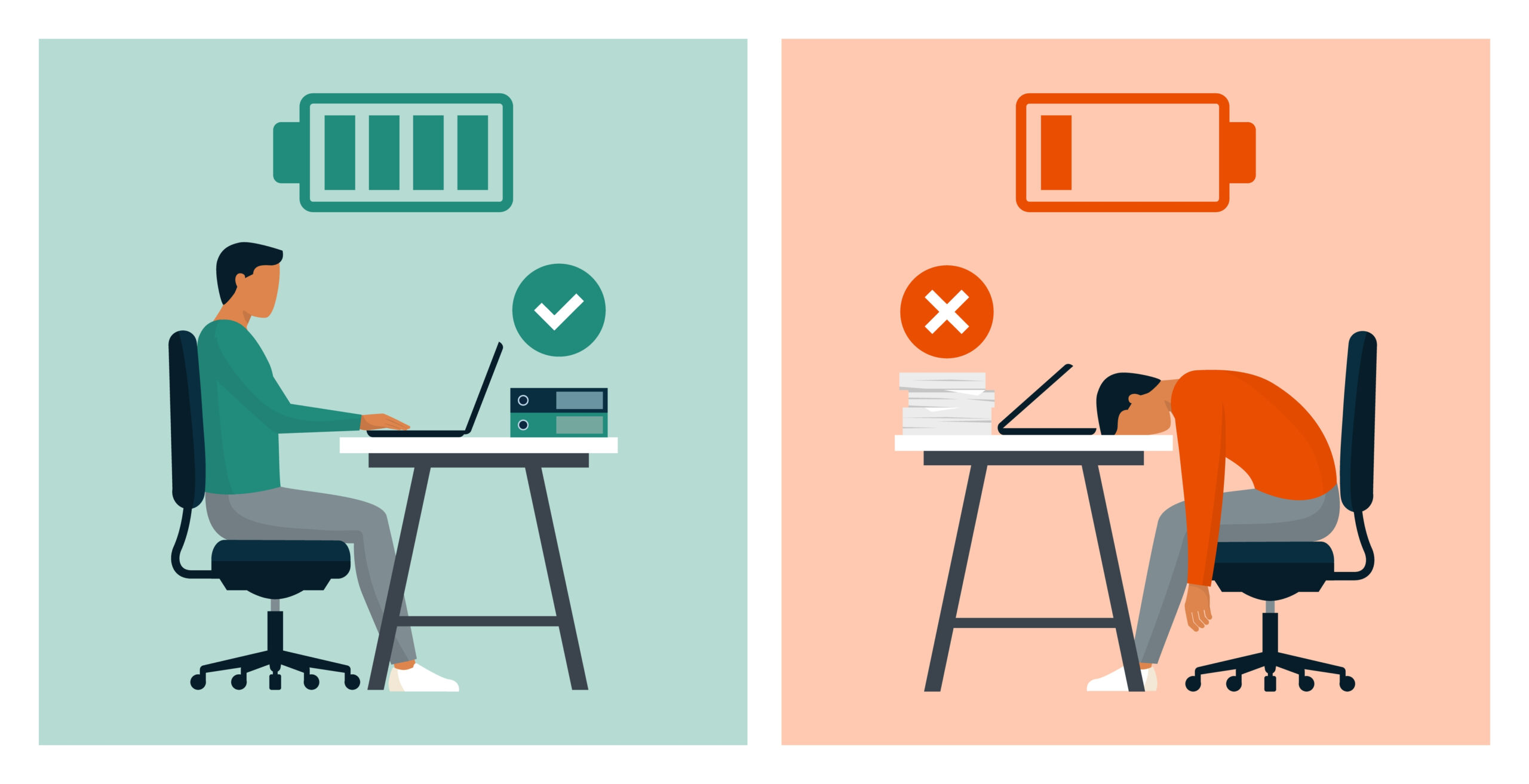In the MECA hospitals, services and colleagues have committed to protecting SMO well-being. SMOs suffering fatigue or other factors detrimental to their well-being will not be able to maintain excellent safe clinical practice and risk burnout.
- Hospitals, hospital chief executives and management should not require, or expect, additional work from staff without providing additional resources.
- Departments must be correctly job-sized for their workload. When a department or service has been job-sized and staff shortages identified, a plan should be developed to fill vacancies. Inaction may be a breach of the Health and Safety at Work Act.
- ASMS has proposed a safe staffing accord with DHBs using job sizing to determine adequate staffing levels and address the national workforce shortfall. The Government, DHBs and the Association will agree a planned implementation of this accord. Once the accord is reached, DHBs should implement the plan in a timely and transparent way.
- Each department working shifts should have a shift system in place which has been agreed to be safe by SMOs, the Association, and the relevant DHB.
- Recovery time provisions should be in in place in each service or department to allow for recovery from fatigue following after-hours call.
- Departments and services should be staffed so that call rosters are never greater than a real 1 in 3 and fair arrangements in place so that SMOs can take a call holiday because of illness, disability, age, parental or other family responsibilities without impacting unduly on the call obligations of other SMOs.
- Accessible processes, including restorative processes, should be operating to deal with relationship issues between staff, and inappropriate behaviour.
- DHBs must have agreed protocols to allow SMOs access to annual leave, CME leave, sabbatical and/or secondment leave, short and long-term sick leave, including sick leave to care for dependents.
- Departments should work to identify and support individuals who may be particularly at risk of burnout, for example, early-career stage SMOs and those returning from longer periods of leave, eg, parental leave or long-term sick leave.
- Such support might include confidential collegial mentoring and/or the provision of confidential counselling or professional supervision.
- Appropriate confidential occupational health services must be provided by the DHB.
- The workplace should be designed to allow physical space for non-clinical work and rest-breaks, and good quality overnight accommodation.
- Staff must be supported and protected from violence, threats, or verbal abuse from patients, with protocols in place to deal with any such incidents.

